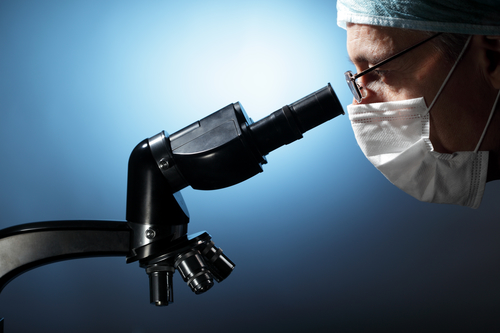Maastricht, Utrecht scientists make model embryos without fertilisation


Scientists in the Netherlands have successfully managed to create embryo-like structures from mouse stem cells without any fertilisation process.
The researchers, from the Merln Institute in Maastricht and the Hubrecht Institute in Utrecht say the ‘model embryos’ they have created ‘open the door to understanding the first and hidden processes of life, problems of infertility, or the embryonic origin of diseases’.
The model embryos resemble natural ones to the extent that, for the first time, they implant into the uterus and initiate pregnancy, the researchers say.
Scientists still know very little about how early embryos develop, due to their small size (the width of a hair) and inaccessibility in the womb. ‘Our research helps to understand the perfect path an early embryo must take for a healthy development,’ said team leader Nicolas Rivron.
‘This research opens the path to a new biomedical discipline,’ said Clemens van Blitterswijk, department chair at the Merln institute. ‘We can create large numbers of model embryos and build up new knowledge by systematically testing new medical techniques and potential medicines. It also dramatically reduces the need for animal experimentation.’
The research has been published in the scientific journal Nature.
Thank you for donating to DutchNews.nl.
We could not provide the Dutch News service, and keep it free of charge, without the generous support of our readers. Your donations allow us to report on issues you tell us matter, and provide you with a summary of the most important Dutch news each day.
Make a donation